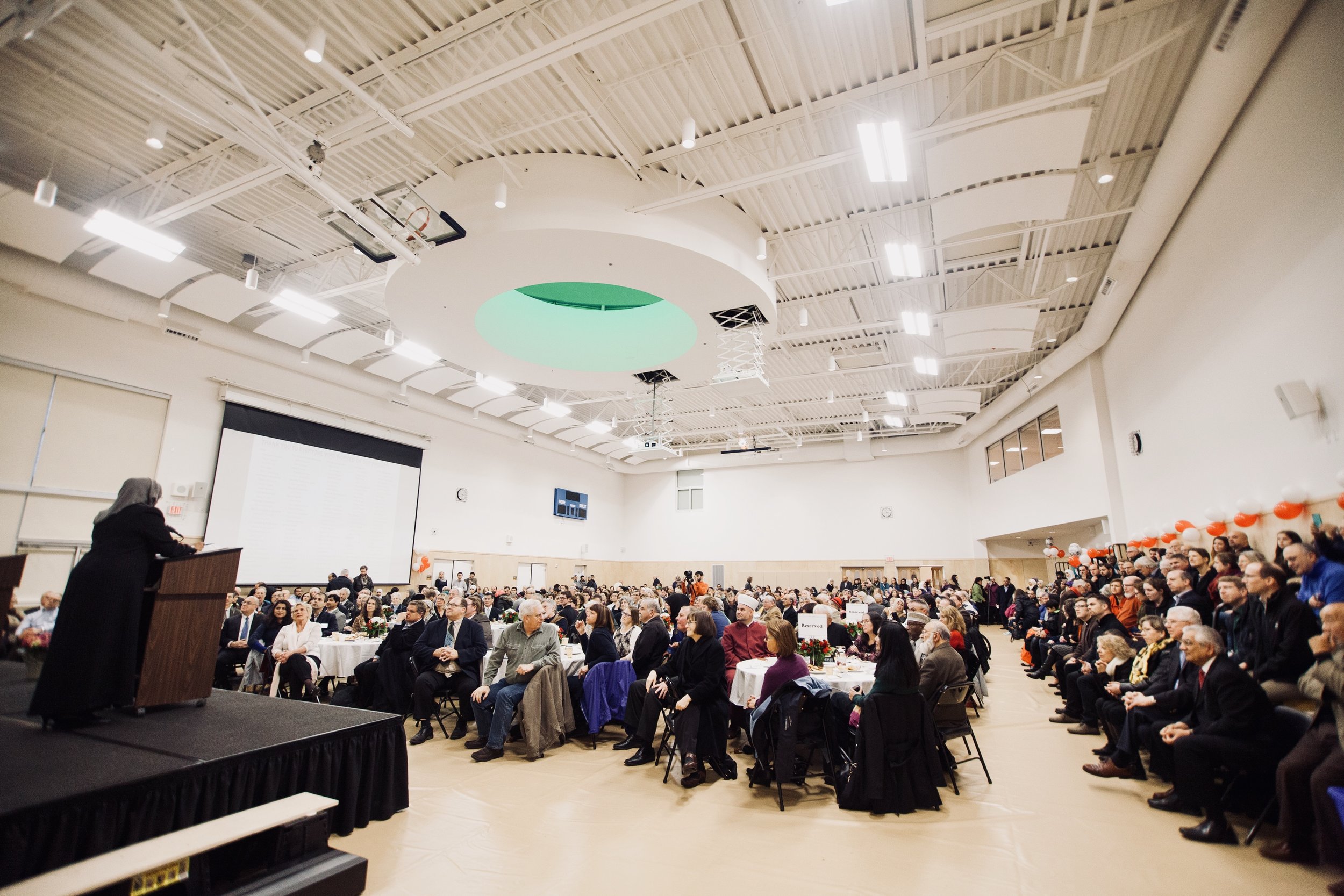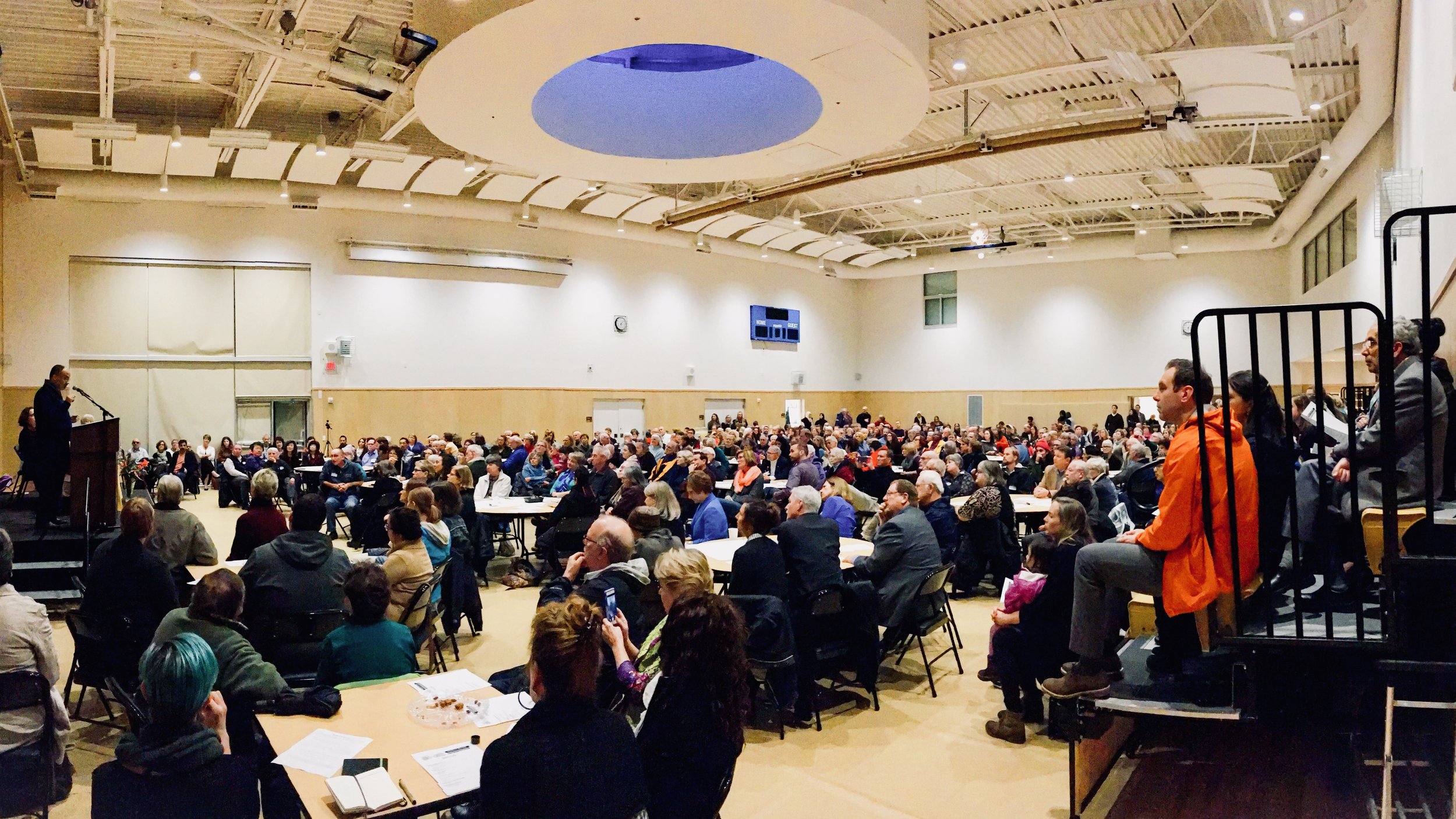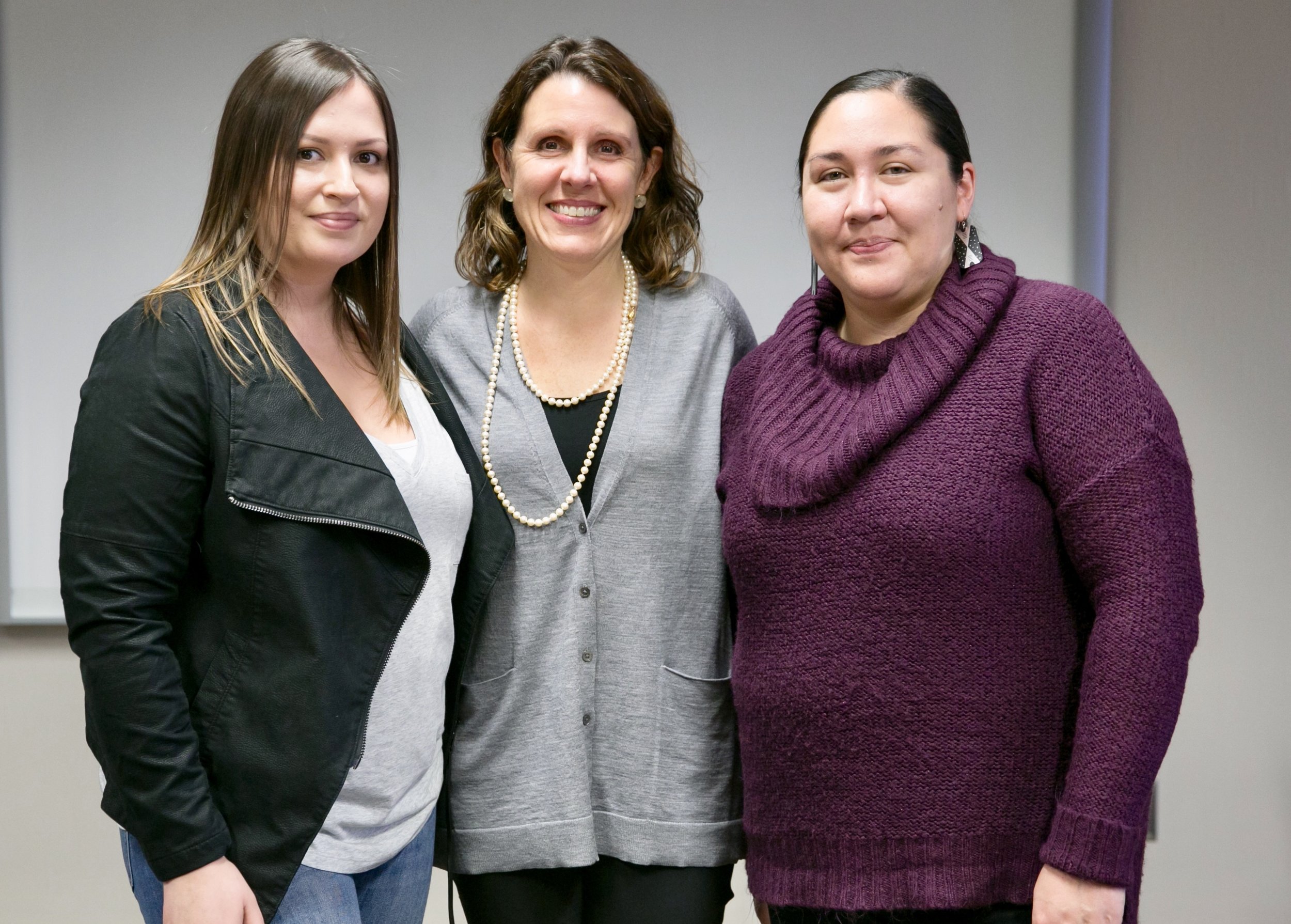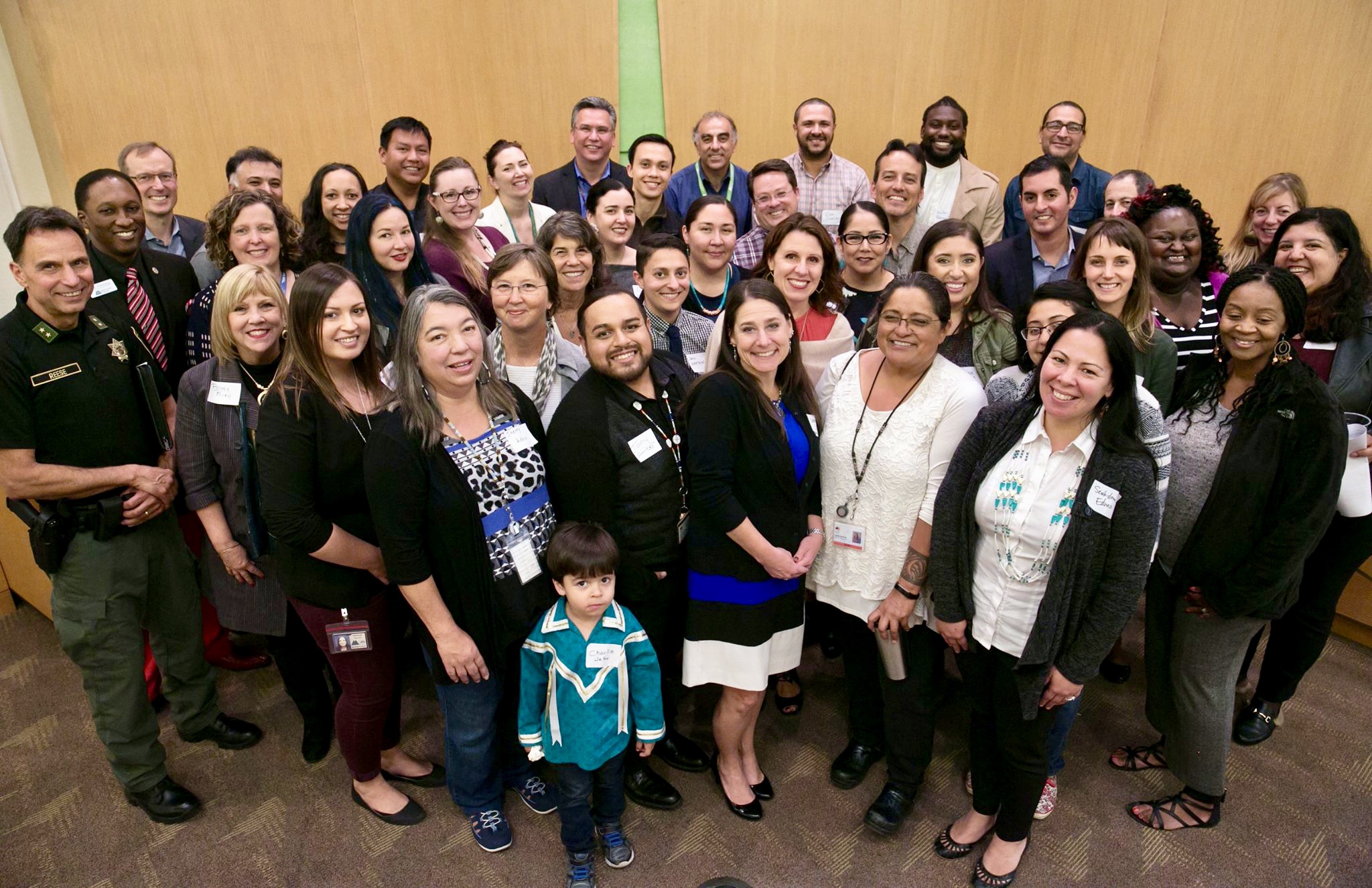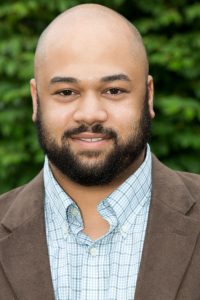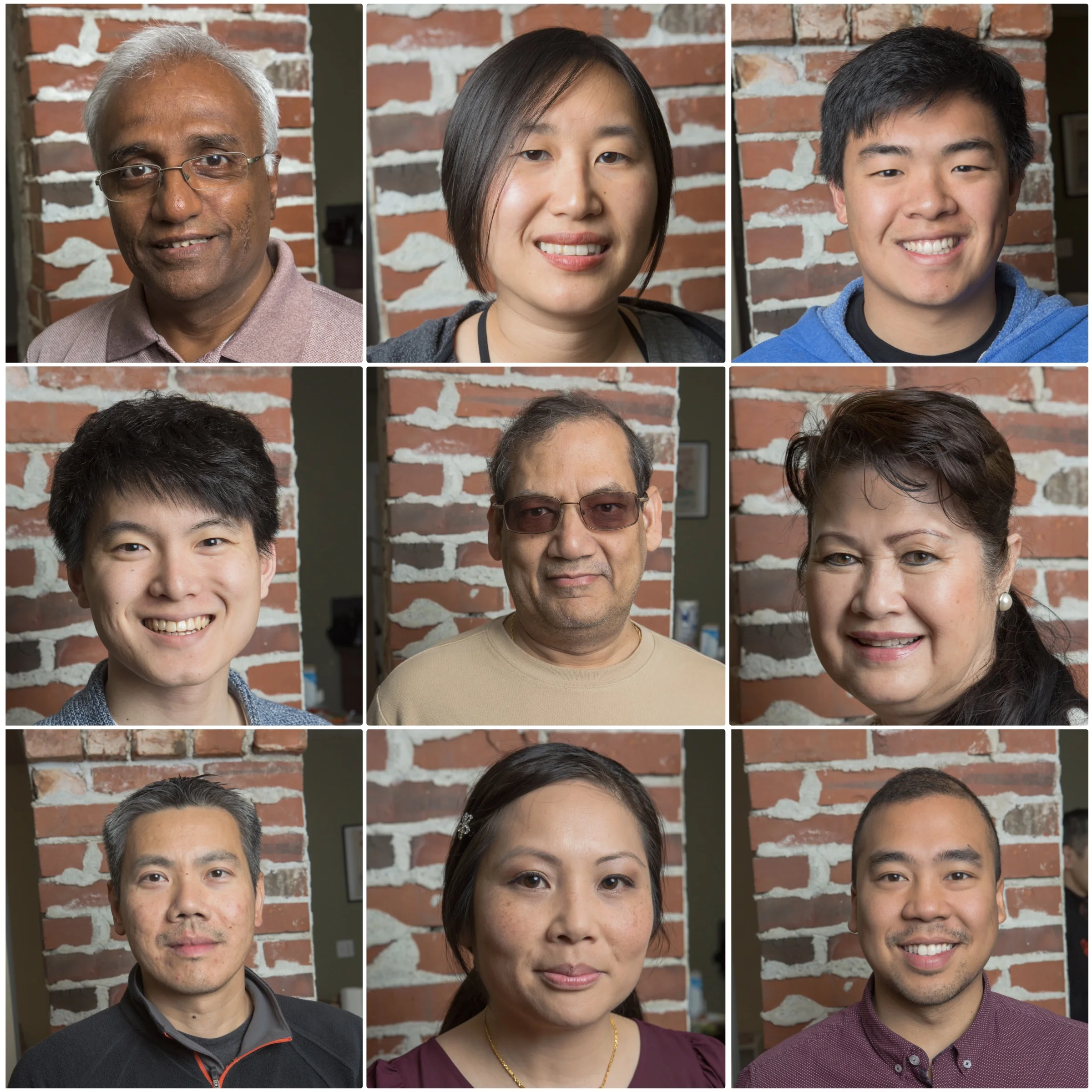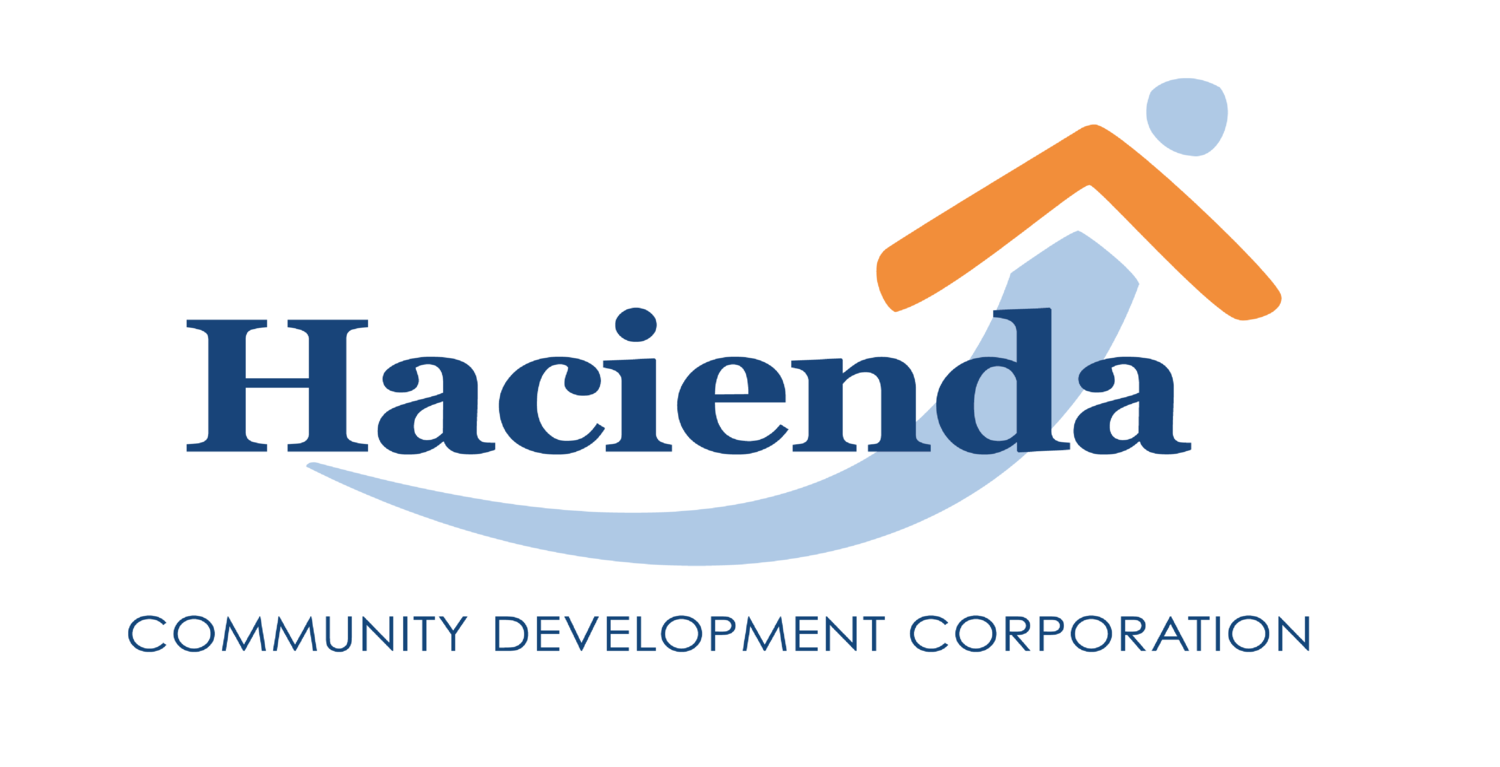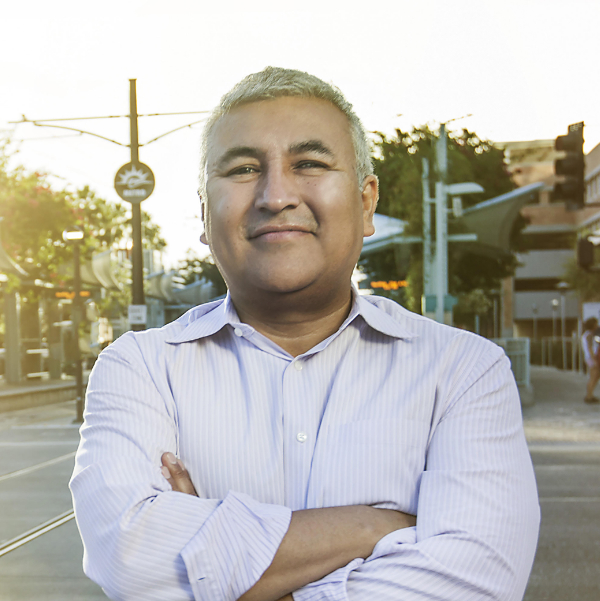Happy Holidays and welcome to the December edition of the Equity Lens! In this edition we reflect on the work of our members, partners, and community leaders.
Here's a quick overview of this edition of the Equity Lens:
End of the Year Wrap Up & Report
CCC New MEMBER SPOTLIGHT: Muslim Educational Trust
CCC Advocacy Update
Portland Indian Leaders Roundtable
PILR'S 4yr Strategy with Multnomah County
Portland United Against Hate
Senate Bill 13: Tribal Education Becomes Law
Train Song by Santos Herrera
END OF THE YEAR Wrap up & REPORT
Greetings,
As the year comes to an end, many of us are reflecting on a year filled with unprecedented challenges. With each challenge our coalition members responded with resilience, grace and hope. Despite a toxic national discourse, our 19 member organizations and the communities we serve focused on how to respond to community needs and how to shift the narrative by placing children, families and community in the center. Our communities looked toward a future more reflective of our shared values and collective belief in the strength and assets of communities of color. Amidst a shadow of fear, the CCC and our members worked collectively with community to stand up, raise our voices and push back.
The Coalition of Communities of Color and our members were extremely productive in 2017. We worked with community to convene focus groups, discussion groups, information sessions and work groups to inform and drive community based research and advocacy. We developed and trained leaders who in turn used their skills, passion and advocacy to lobby decision makers and advance important policy changes that will positively impact communities of color. We continued to develop, support and strengthen relationships with established and new partners. And we made time to celebrate each other, communicate our successes and plan for 2018.
Below is a sampling of some of our 2017 accomplishments:
Research Justice By the Numbers:
- 33 research partners participating in our research justice vision
- 155 community participants helping lead research
- 15 community conversations to conduct community-based participatory research
- 2 published research reports
- 7 cities in the Washington Country research project
- 2 counties in the Portland Metro area
- $50,000 in funding for research capacity building
Leadership Development by the Numbers:
- 80 Bridges Alumni attended the Bridges convening in February 2017
- 8 Bridges alumni are in the Metro Pilot
- 40 Bridges alumni and community members participated in Metro Discussion Groups
- 40+ people attended the Metro leadership meet and greet (15 of which were Bridges alumni)
Community and Economic Development Program By the Numbers
- 1 Three day “Justice & Ecology” retreat with Movement Generation
- 4 Environmental and Climate Justice workshops
- 10 Active CCC members actively involved in CED program activities
- 12 REDEFINE Monthly Meetings (and many others!)
- $280,000 in collective fundraising for member capacity building and work on Environmental and Climate Justice
- Innumerable laughs and smiles
Advocacy Program By the Numbers
- 150 attendees at Legislative Action Day
- 50 legislators visited during Legislative Action Day
- 21 policies endorsed
- 7 bills passed
- 1 report published, “Building Community: A Disparate Impacts Analysis and Cross-Cultural Agenda to Prevent Displacement and Gentrification”
- 4 steering committee memberships and countless coalitions
If you are as inspired as we are, we encourage you to consider making an investment in the success of the CCC and our members though a donation. Your support will help the CCC and our members continue to provide vital services, programming and advocacy in support of racial justice in Oregon.
This year, several of our member organizations are in Willamette Week’s Give Guide (www.giveguide.org): Hacienda CDC, IRCO, KairosPDX Learning Academy, Latino Network, NAYA Family Center, SEI, Urban League and Voz. You can support them by donating through the link.
You can also support our members directly. A full listing can be found here: www.coalitioncommunitiescolor.org/ccc-members
To donate directly to CCC:
CCC NEW Member Spotlight: Muslim Educational Trust
The Coalition of Communities of Color is excited to welcome its newest member, the Muslim Educational Trust!
Tell us about your organization and its mission and services.
The Muslim Educational Trust (MET) is a cultural, social, and educational institution founded in 1993 with a mission to enrich the public’s understanding of Islam and dispel common myths and stereotypes, while serving the Muslim community’s educational, social, and spiritual needs in order to develop generations of proud and committed Muslims who will lead our community to the forefront of bridge building dialogue, faith-based community service, and stewardship of Earth and humanity.
MET engages extensively with the broader community to foster the general public’s understanding of Islam and raise awareness about the importance of equity and social justice for all. Our work includes monthly public forums for community members to engage and grow closer in mutual respect, understanding, and compassion, public lectures, interfaith dialogue, outreach to local media organizations, cultural competency training, the Know Your Neighbor Campaign, the Silk Road Cultural Diplomacy program, and efforts to highlight Muslims in the public square across all professions. This work leads to consciousness of our stereotypes and reshaping our mindset to see each other as equally human.
Within the Muslim community, we work to meet the needs of Muslims and develop strong leaders within our community. We work to advance the education and leadership skills for all Oregon Muslim youth. The Oregon Muslim Youth program offers youth enrichment, engagement, leadership, and mentoring. MET also offers a unique, holistic educational experience through its two full-time, licensed, and accredited Islamic schools, the Islamic School of MET serving Pre-K–5th grades and the Oregon Islamic Academy serving 6th–12th grades, as well as through its Weekend Islamic School and two scholarship opportunities for college and high school students
Our work supports positive integration for new immigrant communities, civic engagement, leadership development, education, outreach, and partnerships with government officials to make the Muslim community’s voice heard. Promoting collaboration between Islamic organizations in the Portland metro area and Southwest Washington is another way we are strengthening our community.
MET is the co-founding member of the following interfaith organizations and coalitions: the Institute for Christian Muslim Understanding, Arab-Jewish-Muslim Dialogue, Interfaith Council of Greater Portland, the Beloved Community of Oregon Coalition, and Between Women Interfaith Group.
What are your top priorities and hopes for 2018?
In 2018, we will be working to expand programs to reduce fear and build bridges of compassion and understanding of Islam and Muslims in light of current political landscape. To this end, we will continue our civic engagement, education, and outreach work, as well as positive integration for new immigrant communities. The sustainability of our program is another major priority, as we work to pay a $4 million construction loan to complete the center and expand an endowment to sustain the organization for the long-term.
What do you look forward to about being a member of and working with the Coalition of Communities of Color and its members?
MET spends a significant amount of time working with and supporting our local immigrant and refugee community, most of whom are people of color. We believe that our perspective can be an added value to the Coalition, and we hope to, in turn, learn from other local organizations about their communities and how we can better support each other.
ADVOCACY UPDATE
2018 Legislative Preview
The goal of CCC’s Advocacy programs is to advance policies throughout Oregon that have the best potential to improve outcomes for communities of color. To achieve our goal, we are committed to building the capacity of our members and communities of color to successfully advance policy agendas, reform policy practices to ensure authentic community engagement of the communities most directly impacted by policy change and to shift political discourse to centralize the voices of communities of color in policy.
During the 2017 Legislative session, the Coalition, our members and coalition partners had significant advances in reaching our advocacy goals and we look forward to continuing to build a movement for positive change in the upcoming session.
Coalition members have come forward with items for endorsement in 2018, and we are now in the midst of our endorsement process for our 2018 legislative agenda. While we have not yet finalized our support, we would like to share some of the issues we may endorse for a legislative sneak preview:
- Early Childhood Education Equity Fund, led by the Latino Network, supporting culturally specific early learning services to close the opportunity gap for children of color in communities throughout our state.
- Small donor elections, creating an alternative to Oregon’s existing campaign finance system to give small donors a more powerful voice in elections, potentially helping to elect more candidates of color and building the power of communities of color.
- Clean Energy Jobs, accounting for the cost of pollution and reinvesting substantial proceeds into most impacted communities. We are advocating hard to center environmental justice and equity in this important bill, which has historic potential to address the impact of climate change on communities of color in Oregon.
The legislative session begins February 5 and must adjourn by March 9. Bills move on an extremely tight timeline, so we anticipate a month of busy advocacy in Salem to move a racial equity agenda. We’ll be releasing the Racial Equity Report Card, an important advocacy tool, before session begins.
We will also be holding another CCC Legislative Action Day on February 8. Last year, we had over 150 attendees come to Salem and meet with legislators on our legislative priorities, helping secure the passage of many bills to advance racial equity in Oregon. If you want to participate, contact Jenny Lee at jenny@coalitioncommunitiescolor.org for more information.
Advocacy at the ballot
Oregonians aren’t used to voting in January, but next month a critical special election for healthcare will be held. Voting yes on Measure 101 will protect healthcare for Oregonians who could not otherwise afford it. CCC members are still determining their endorsement, with many of our members deeply concerned about the impact that this measure would have on healthcare for communities of color, so we are spreading the word now. Learn more about the campaign at yesforhealthcare.org.
We did see a success on the ballot this November—the Portland Community College bond, which passed by a large margin. As we move forward into the new year, we will continue to advocate for ballot measure campaigns, local government measures, and budget advocacy impacting communities of color.
November was National Native American Heritage Month. The Coalition of Communities of Color is taking this opportunity in Equity Lens to highlight some notable achievements among Oregon's the Native American community.
PORTLAND INDIAN LEADERS ROUNDTABLE
In 2007, Portland Indian Leaders Roundtable (PILR) published “Making the Invisible Visible,” to educate key audiences and the public about Portland’s growing Native American community, including consistent population undercounts and inequities in funding and services. Ten years later, working with tribes and almost 30 Native American organizations in the region, PILR has released “Leading with Tradition: Native American Community in the Portland Metropolitan Area.”
The Portland Metro Area sits on the traditional sites of the Multnomah, Wasco, Cowlitz, Kathlamet, Clackamas, Bands of Chinook, Tualatin Kalapuya, Molalla and may other tribes. Today our community represents over 380 tribes from across the country and 70,000 of Portlanders (a 16% increase in ten years). While our peoples have faced elimination, assimilation, and termination, we are now numerous, our stories are powerful and we are thriving.
“We have important and diverse indigenous values and worldviews that contribute to the livability and uniqueness of Portland, and we see ourselves as part of its future.”
Unfortunately, our community still faces wide disparities like the highest rates of poverty, homelessness and unemployment of any racial group; disproportionate rates of addiction, diabetes and depression. Too many of our Native children are in the foster care system (24%) and do not graduate from high school on time (63%). Our communities are still undercounted and misunderstood leading to inequities in services and outcomes.
However, Portland Metro’s Native American community continues to grow, thrive, innovate, contribute, and celebrate our heritage. We are working with our local jurisdictions, creating programming and tackling these disparities head on. We are building a collective vision for our children’s future and building stronger connections among the community. “We have important and diverse indigenous values and worldviews that contribute to the livability and uniqueness of Portland, and we see ourselves as part of its future.” We are not invisible, the report reiterates; we are building our collective future leading with tradition.
PILR's FOUR STRATEGY WITH MULTNOMAH COUNTY
Along with the Portland Indian Leaders Roundtable (PILR) update of “Leading with Tradition,” PILR asked Multnomah County to partner with the Native community to develop a four year plan that would address some of the community's highest priorities: “Reimagining and strengthening partnership: A four year plan between Multnomah County and Portland’s Native American community.”
We spoke with two Multnomah County staff, Anna Marie Allen, Shoshone-Bannock (Community Engagement Advisor, Chair Kafoury’s Office) and Oliviah Walker, Meskwaki (Senior Policy Analyst, Health Equity Initiative - Multnomah County Health Department) about the plan.
Anna (LEAD Alumni ‘14) and Oliviah (LEAD Alumni ‘17) supported the coordination of a series of conversations between county and community leaders. “County leadership is always looking for authentic ways to bring in community voice to shape and inform policy. Our current Board of Commissioners is diverse in their heritage and personal experiences. They are dedicated to centering community-driven policy priorities.” Chair Kafoury was eager to accept PILR’s request to partner on this plan when she sat down with them last April. Department staff and leadership have been eager to learn best practices and identify intersections with their work.
“Our hope is to come together under the values of authentic partnership to continue to elevate the needs of Native American/Alaska Native residents and ensure community-led priorities continue to receive support.”
“Our hope is to come together under the values of authentic partnership to continue to elevate the needs of Native American/Alaska Native residents and ensure community-led priorities continue to receive support,” the draft reads. Multnomah County and the Native community are already partnering on programs like Future Generations Collaborative, WIC services, SUN Schools, Mental Health and Addiction Services, Native American Heritage Month, Community Health Improvement Plan, transitioning Columbus Day to Indigenous Peoples Day, and more. The draft plan also outlines priority areas for increased partnership and improvement: culturally specific community engagement practices, maternal child health and elder services, housing strategies, early intervention and restorative practices that reduce youth incarceration and recidivism, and culturally responsive trainings for Multnomah County staff.
Very quickly, we learned local jurisdictions have separate and distinct obligations to Tribes and to Native American communities; jurisdictions must have experience and expertise to recognize these unique responsibilities. Each relationship must be grounded in the leadership of Native peoples, in honest and authentic partnership, and a recognition of historic and current injustices resulting in inequitable outcomes for Native American communities.
The plan and partnership, at first glance, seemed like a clash of two worlds. In fact, it was the integration of different worldviews and a prioritization of Native values that helped facilitate the process. The plan has been a concerted effort to center and authentically reflect voices of community while avoiding overtaxing or re-traumatizing communities and individuals that have been historically traumatized by systems. The Native American community is diverse-- mutl-tribal and mutl-racial-- and individuals have diverse experiences of privilege and oppression. Thus, community engagement must reflect this diversity. Engagement and recommendations exemplify a strengths-based approach, recognizing the contributions of the area’s Native American community, while intentionally focusing on improving outcomes for community members most in need.
Oliviah added “Community engagement is not organization-specific, but community-wide thus ensuring every division and department has a community engagement strategy (again without overburdening community)... There are a lot of reports [like those from the Coalition of Communities of Color] that talk about existing disparities, but it’s really about aligning those efforts and having one place to tell the story of partnerships that have happened between the Native Community and the County. What’s going to drive the work over the next five to ten years?” This plan is both a continuation and a start.
portland united against hate
The horrific Max attack on Memorial Day weekend, opened the eyes of Portlanders to the experiences that people of color, immigrants and refugees, religious groups and the LGBTQ face as hateful rhetoric gets amplified at the national and local levels. Portland United Against Hate is a community initiated partnership of Community Based Organizations, concerned communities and the City, working with the Office of Neighborhood Involvement to build a rapid response system that combines reporting and tracking of hateful acts and provide the support and protection our communities need.
Communities experience hate motivated violence in a variety of ways and there’s a need for a documentation process that enables those most impacted to be able to track hate incidents in a trusted manner. We firmly believe that communities are experts of their experiences who have a right to lift their lived realities as data. Therefore, the CCC in partnership with IRCO-Africa House, IRCO-Asian Family Center, Latino Network, Resolutions Northwest, Unite Oregon, Urban League of Portland and the Q Center completed seven intersectional and cross-cultural conversations with 75 participants in August through October in a project funded by the City of Portland, Office of Neighborhood Involvement.
Topics of the focus groups included: what hate is and what it looks like, experiences reporting hate crimes and incidents, and what a successful hate crime and incident reporting process would look like.
The main findings from the community conversations are:
- Hate looks like hateful speech and symbols, threats, physical attacks, stereotyping and profiling, and unequal access to resources and opportunities. Hate is systemic, and can manifest within groups and communities.
- Support is sought from family, community groups, religious leaders, and spiritual healers. However, many are unaware of what resources and supports are available, or do not have access to them.
- Hate may be prevented by recognizing what it looks like and how it manifests, education and learning about other groups and histories, and through intervention from bystanders when hate is occurring.
- Hate often goes unreported because of the feelings that attention is not given to incidents or these incidents are not taken seriously, the issue is often left unresolved, people in positions of authority may be the perpetrators, and reporting the incident may cause further harm.
Three main themes emerged to describe what a good hate crime and incident reporting process would look like:
- That the reporting process be person-centered and honor the narrative of the person who had experienced hate to aid in the healing process.
- That the reporting process not be re-traumatizing or cause more harm.
- That the reporting process is action-oriented.
For more information about this initiative and the full report, please contact Shweta Moorthy at shweta@coalitioncommunitiescolor.org.
SENATE BILL 13: Tribal Education becomes Law
By Se-ah-dom Edmo, Western States Center
The law fills a critical gap in our children’s education in Oregon, requires the teaching of American Indian/Alaska Native History & Sovereignty in all K-12 schools by 2019-2020.
Governor Kate Brown held a signing ceremony with tribal leaders from around the region for Senate Bill 13 earlier this fall, requiring school districts statewide to implement curricula developed by Tribes in Oregon covering tribal history and sovereignty.
Carried by Representative Tawna Sanchez (Shoshone-Bannock, Ute and Carrizo), and at the request of Governor Brown, the bill passed both chambers of the Oregon Legislature with unanimous support.
Western States Center was the coalition convener of the effort in support of the bill and took a movement building approach to our work by recognizing and centering the benefit for every Oregon student as the bedrock of our future body politic.
Oregon joins other states in our region like Montana, Washington, Wyoming and Idaho in building a fundamental understanding of tribal literacy and history among its K-12 students. The law is one piece of the eleven-point plan of educational objectives established by the Oregon Department of Education’s American Indian/Alaska Native Advisory Panel. This plan is the product of that process and is a road map for state efforts to improve opportunities and outcomes for Native American youth in Oregon.
ABOUT WESTERN STATES CENTER:
Western States Center builds the capacity and skills of community organizers and organizations working for racial and gender justice across the region. We envision our movement achieving a just society where we all flourish in sustainable, caring and connected communities. Learn more about our work at www.westernstatescenter.org. .
Train Song
By Santos Herrera
In praise of the people who risk their lives on a train to cross the border
The steel wheel lullaby
sings them to sleep
brown bodies atop
a graffiti-covered box car,
their hearts, miles behind.
The bell of a railroad
crossing, the ding-ding-dinging.
They’ve made it?
The swish-swash
of gallon water,
the rustle of a plastic bag
filled with the applause
of hand-made tortillas and tamales
wrapped in autumn gold.
The tap dance of rain
softens the hard Earth
while the train keeps singing
and singing and singing…
Santos Herrera
is a poet, and other contributions to Portland’s art scene include being a performer and assistant director at Teatro Milagro, a writer for Voz Alta, and a member of Profile Theatre's Community Council. Santos is also a Manager of School-Based Programs at Latino Network.







